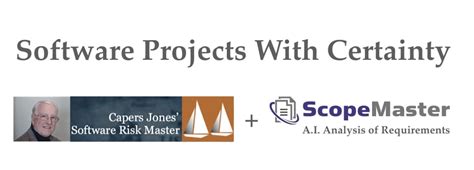A Quote by Jaron Lanier
If anything, there's a reverse Moore's Law observable in software: As processors become faster and memory becomes cheaper, software becomes correspondingly slower and more bloated, using up all available resources.
Related Quotes
As information technology becomes millions of times more powerful, any particular use of it becomes correspondingly cheaper. Thus, it has become commonplace to expect online services (not just news, but 21st century treats like search or social networking) to be given for free, or rather, in exchange for acquiescence to being spied on.
I'm not of the opinion that all software will be open source software. There is certain software that fits a niche that is only useful to a particular company or person: for example, the software immediately behind a web site's user interface. But the vast majority of software is actually pretty generic.
There's a strong distinction to be made between dry code smart contacts and wet code's physical law. So law is based on our minds, our wetware - it's based on analogy. The law is more flexible; software is more rigid. Various laws tend to be batched in jurisdictional silos. Software tends to be independent.




































